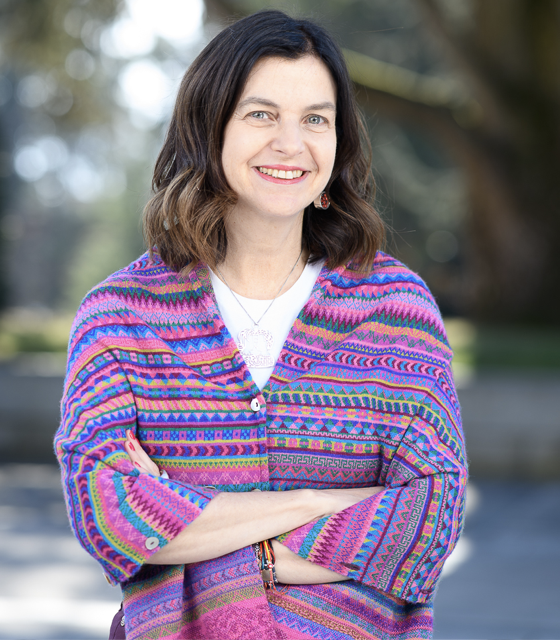The elea Center for Social Innovation explores both the supply and demand side of social innovation and is rooted in four thematic pillars: impact investing, blended finance, social entrepreneurship, and corporate social innovation.
The center published research across all of these pillars in 2021 and built relationships with the broader Swiss research community. It served as the academic partner for the first annual Impact Finance Forum, an initiative for Switzerland’s sustainable financial pioneers. In this role, the center participated in a special issue of the Neue Zürcher Zeitung newspaper on impact finance. The center also joined two new initiatives as a founding member:
- the Swiss Sustainable Finance Lab, an initiative from the Graduate Institute of Geneva together with E4S (EPFL, UNIL and IMD), University of Basel, University of Geneva, University of Ghana, Sustainable Finance Geneva, the ICRC, the IFC and the Economics of Mutuality.
- the Gender Lens Initiative for Switzerland, with a focus on gender lens investing.
New elea Fellows Bolster Research on Social Innovation
The center appointed Katherine Milligan, Maximilian Martin and María Helena Jaén as its first Senior elea Fellows in 2021. The three appointees will focus on timely research projects to enhance the center’s ongoing efforts to lead the conversation on social impact, and to develop the impact economy landscape.
Milligan, Director of the Collective Change Lab, will investigate how to create a new frame for social entrepreneurship beyond the current limited scope of solving individual social problems.
Author of Building the Impact Economy, Martin will conduct research to help business leaders come to terms with, and seize the opportunities of, the emerging new order of business, finance and impact investing.
Jaén is an Honorary Professor at the Universidad de Los Andes, International Professor at IESA and Adjunct Professor at the Miami Herbert Business School. Building on her existing work with Professor Farber, she will produce teaching cases and educational content on the impact of social innovators who lead enterprises that create economic benefits, while also benefitting society and the environment.
